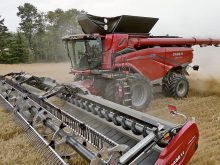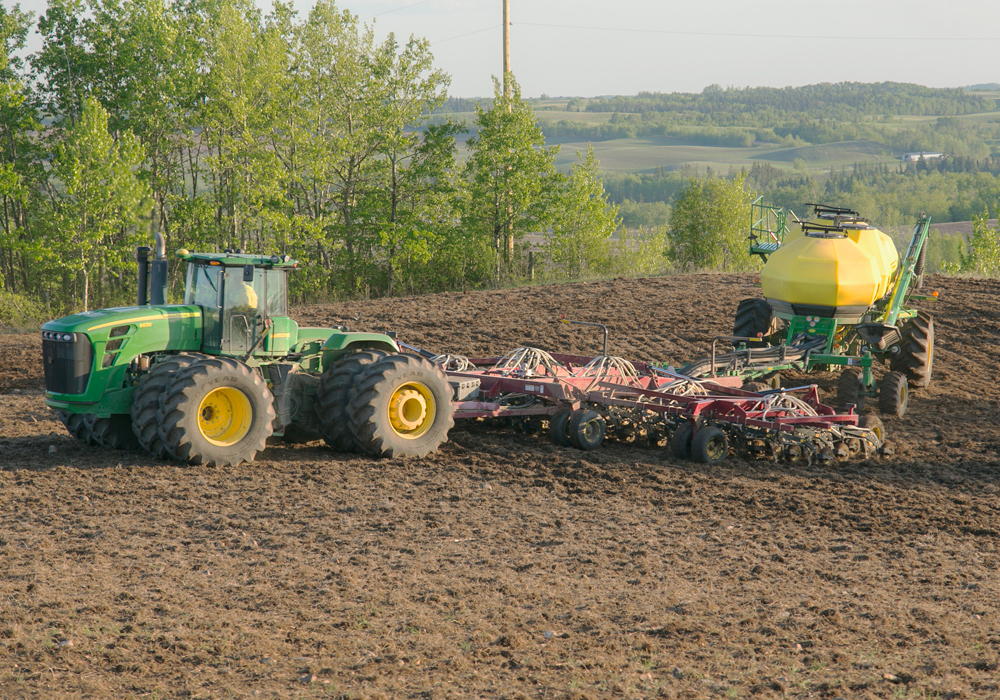In Bruno Divorne’s mind, there’s no doubt about the appropriate route for Bipole III, a proposed power transmission line in Manitoba.
“Common sense should prevail. There’s only one place where that line goes and it’s on the east side (of Lake Winnipeg),” said Divorne, a dairy and grain producer near Haywood, Man.
When Divorne learned the provincial government kiboshed the east side route for environmental reasons, he thought the decision was foolish but didn’t think much more about it.
Read Also

Trade war may create Canadian economic opportunities
Canada’s current tariff woes could open chances for long-term economic growth and a stronger Canadian economy, consultant says — It’s happened before.
But when he found out Manitoba Hydro was considering a route that crossed over his farm, his blood began to boil.
“One of the proposed routes goes through our property. We could be in for three miles of this (line),” said Divorne, who has had problems on his farm in the past with stray voltage.
“Why do they have to go across this grain producing area when there’s a shorter way to do things and more economical way?”
Bipole III is now proposed to travel west of Lake Manitoba and its construction costs will be hundreds of millions more than the eastern route.
Jared Wesley, an associate professor in political science at the University of Manitoba, isn’t convinced that rural anger over a power line will hurt the NDP government.
“The New Democrats would be worried if the line was going through traditional New Democratic territory and they stood to lose seats.”
He said Tories would likely focus their political attacks in 2010 on the economy and violent crime, issues that resonate with voters in Winnipeg where the Tories need to gain support.















